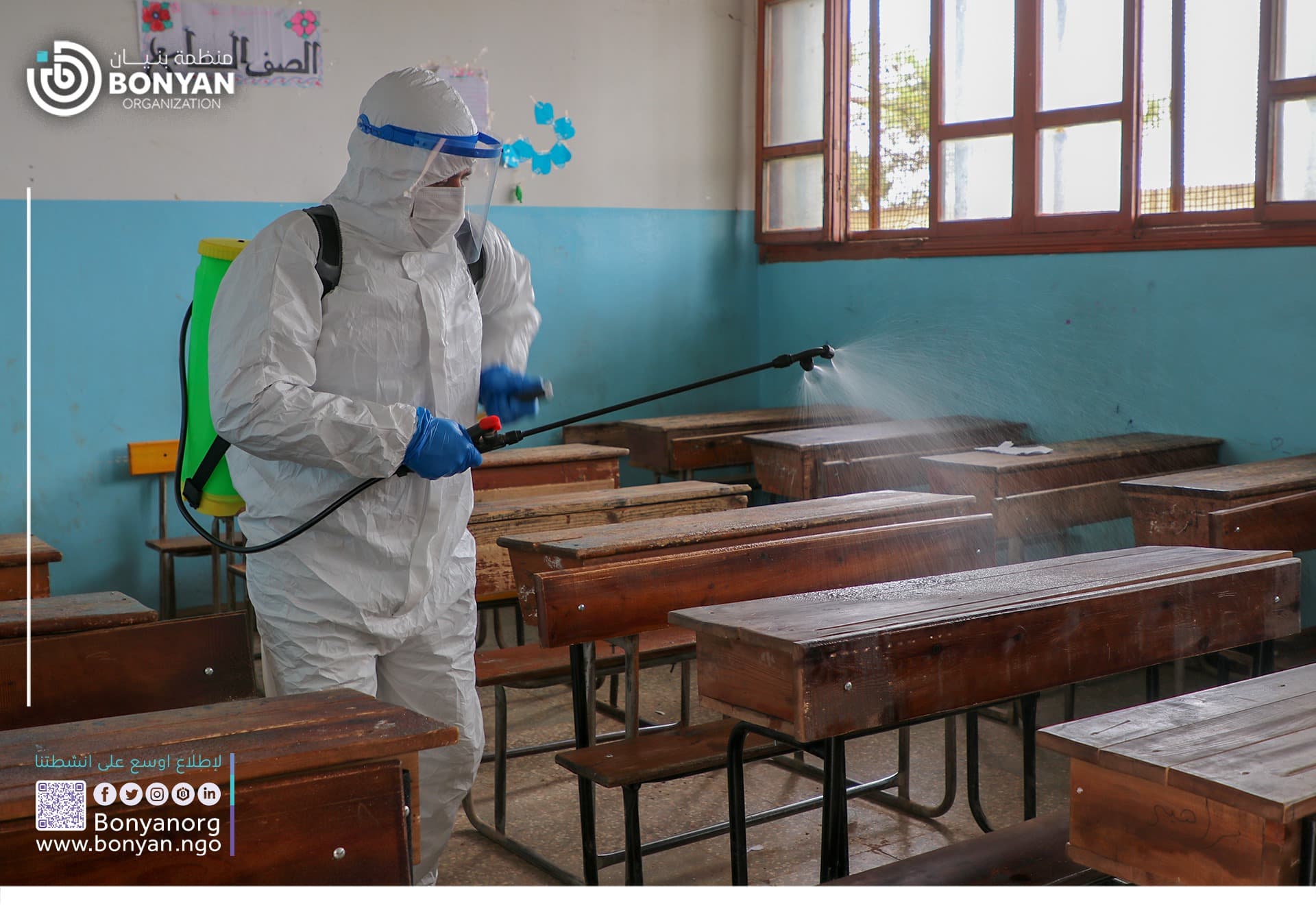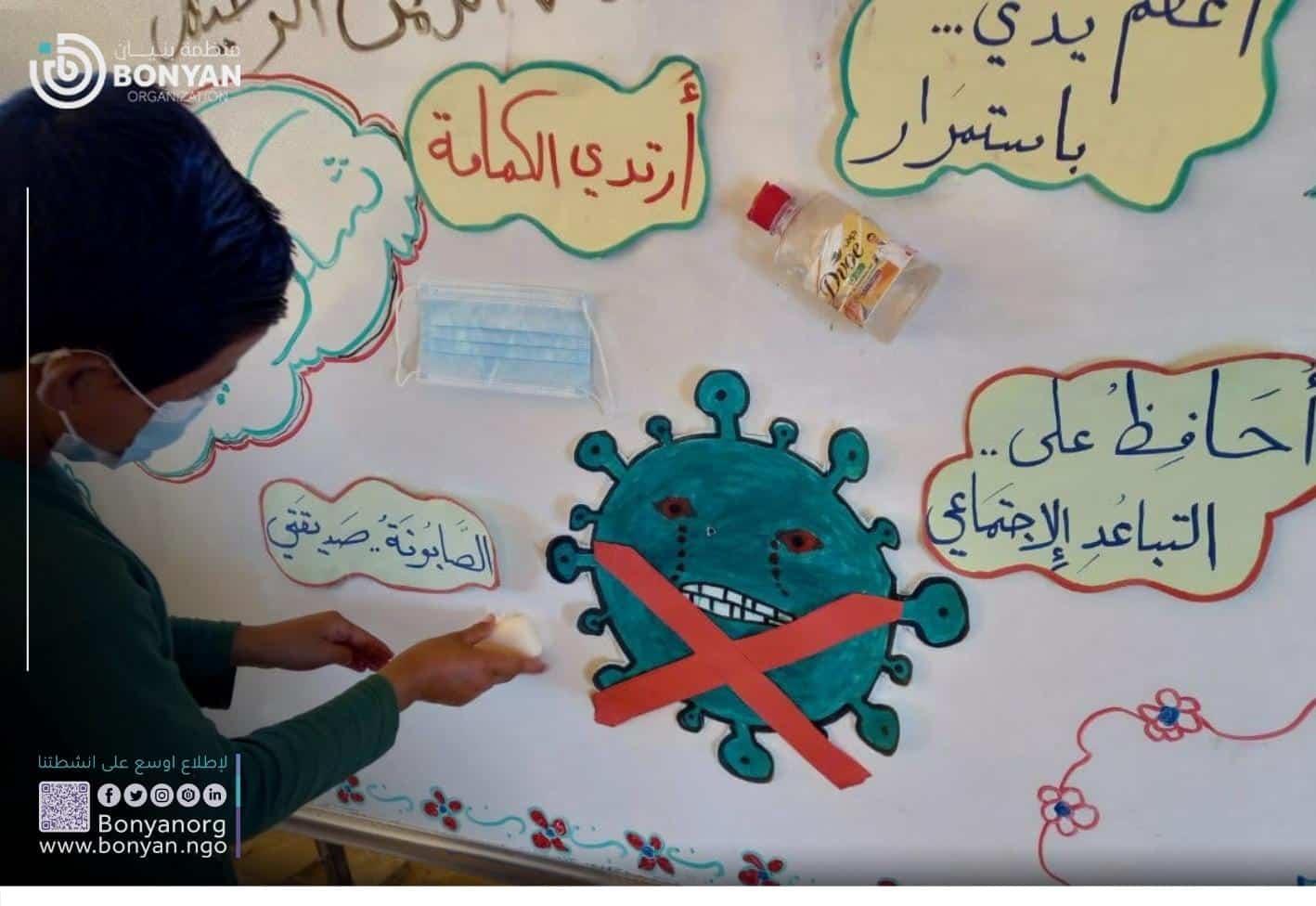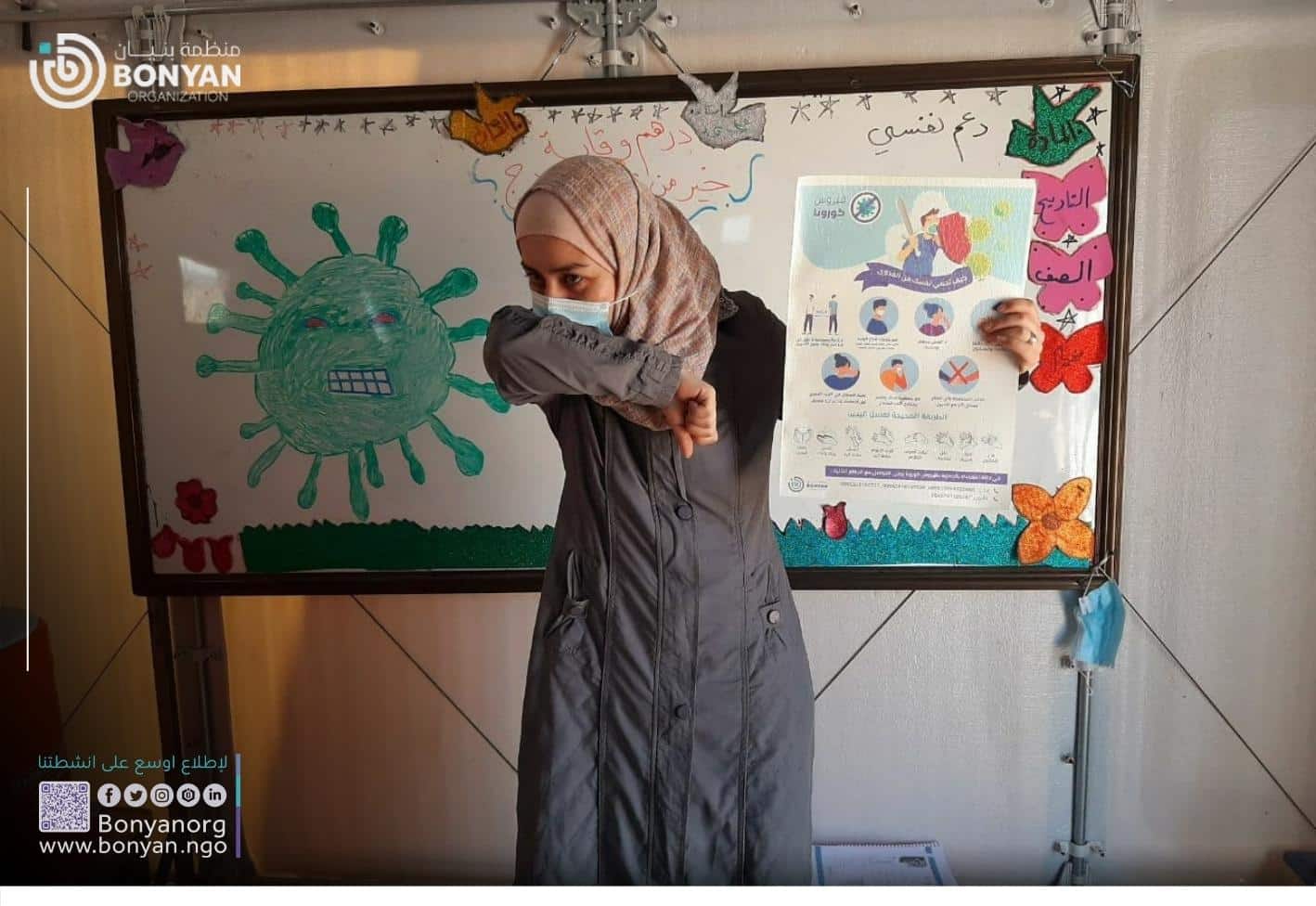Improving WASH in schools
Water, sanitation, and hygiene are all critical for good health. Schools should focus on improving WASH in schools to ensure that their students stay healthy.
The World Health Organization (WHO) has identified school-based water, sanitation, and hygiene as a key strategy to fight the global spread of infectious diseases.
Schools should take a unified focus on improving WASH in schools because they have an opportunity like no other organization has, using the fact that their students are at the learning age about these essential principles they need to learn.
Drinking water
Safe and readily available water is vital for public health, whether used for drinking, domestic use, food production, or recreational purposes. Improved water supply and sanitation and better water resource management can boost countries’ economic growth and significantly reduce poverty.
Safe and sufficient WASH plays a key role in preventing numerous NTDs, such as;
- Trachoma.
- Soil-transmitted Helminths.
- And Schistosomiasis.
Diarrhoeal deaths resulting from inadequate WASH were reduced by half during the Millennium Development Goal (MDG) period (1990–2015), with significant progress on water and sanitation provision playing a key role.
School Sanitation and Hygiene
There is an urgent need to provide sanitation facilities in schools. Without these facilities, children are more likely to be at risk of infection and disease.
Sanitation in schools is a crucial factor that affects overall student health and education. It also has a significant impact on the quality of food served in the schools as it pertains to hygiene levels. Schools are now focusing on improving their sanitation infrastructure and practices, which will have an effect on their economy and society in the long run.

Health and education are two of the most important things in a child’s life. The importance of a healthy body can’t be overemphasized, and the same could be said about an education that benefits the child in all aspects.
The need for sanitation in schools cannot be overstated as well. There are so many benefits of proper sanitation and hygiene in schools.
- It prevents diseases and infections.
- Reduces absenteeism.
- Improves the learning environment.
- And prevents the spread of communicable diseases from one student to another.
The major responsibility lies with the school. The school needs to have a well-rounded approach that not only ensures the functioning of its toilets but also helps establish a culture of cleanliness and good hygiene among students.
Challenges for WASH in Schools
Water is a limited resource that unfortunately only meets the needs of half of the world’s population. As water becomes more scarce, creating a plan for the future becomes critical, especially for places where water scarcity is an issue.

Children should have the chance to stay healthy and fit for school by having access to clean drinking water and sanitation facilities. Recently, there have been successful efforts in this regard, with schools adopting innovative water conservation strategies and creating access to sanitation facilities on school campuses.
According to the World Health Organization (WHO), 844 million people lack access to clean water, while 2 billion people lack access to improved sanitation.
These numbers highlight the importance of this problem and how it could affect the education of children worldwide if not adequately addressed.
Effect of lack of water supply in School
- Destruction of drinking water.
- Sanitation and hygiene infrastructure.
- Poor resource management and rapid population growth.
All these factors contribute to a severe and growing shortage of clean drinking water and access to sanitation.
WASH in Schools
WASH is not customed for one country; there are many countries that lack the basic WASH in their systems. Especially after the armed conflicts and severe wars taking place in many countries globally, in the Middle-East Countries for example;

-
Syria
According to a UNICEF assessment, Syrian children are at increased risk of disease due to the severe damage to water and sanitation facilities caused by the ongoing conflict.
Children, who make up half of the four million people in need of humanitarian assistance, are at an increased risk of diarrheal and other water-borne diseases.
-
Yemen
More than a quarter of the nearly 1 million people suspected of having acute watery diarrhea and cholera are children under five. More than 385,000 children suffer from severe acute malnutrition and struggle to survive. Difficulty in obtaining safe drinking water is one of the leading causes of malnutrition and infectious diseases.
-
Palestine
Adequate access to safe WASH facilities and practices is a prerequisite for healthcare facilities to function correctly and for healthy and safe schools. Unsanitary and inappropriate facilities for teenage girls can prevent them from school. The general situation of WASH facilities in schools does not meet international standards, as the ratio of toilets to the number of students is insufficient.
The infrastructure and sanitation facilities for wastewater disposal and treatment are insufficient to meet the population’s needs, resulting in groundwater contamination and increasingly threatening public health. Awareness of domestic water treatment methods and safe storage should be raised to ensure the most efficient use of limited water resources and improve hygiene.
FAQ
How to Improve WASH in Schools?
Schools take simple, inexpensive steps to improve WASH facilities at their school building and healthy hygiene habits are taught, practiced, and integrated into daily school routines.
What are the Five Essential Elements in the wash?
The basic components of WASH in school programs center around water, sanitation, hygiene practices, hygiene education, and reaching out into the home and community.
What is the Importance of WASH in Schools?
WASH in Schools provides safe drinking water, improves access to and maintenance of clean, gender-friendly, and inclusive sanitation facilities, and promotes hygienic behaviors and lifelong good health.



